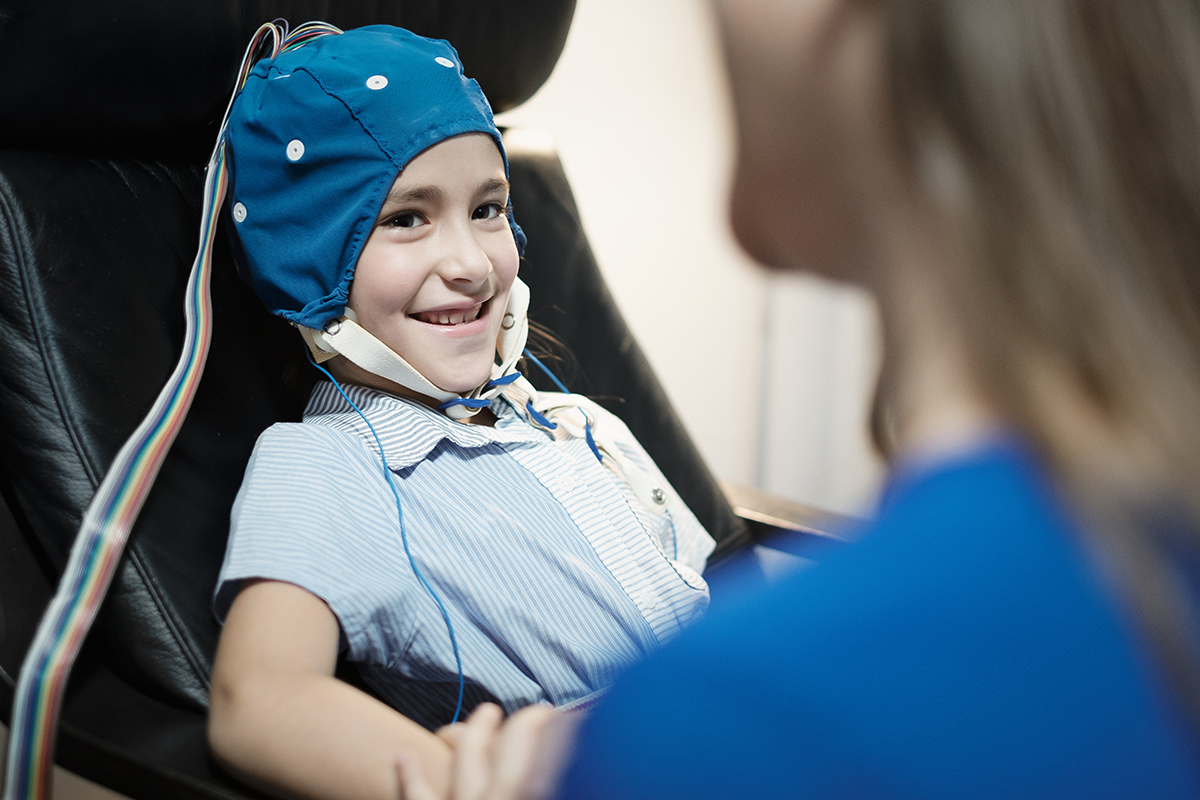
Can Neurofeedback Replace Stimulant Medications Like Adderall?
Neurofeedback is a type of therapy that uses real-time feedback to train the brain to function more efficiently. This form of therapy has been gaining popularity as a non-invasive alternative to stimulant medications like Adderall and Vyvanse, which are commonly prescribed for attention deficit hyperactivity disorder (ADHD) and other conditions. In this blog post, we will explore how neurofeedback can replace stimulant medications and its potential benefits.
What is Neurofeedback Therapy?
Neurofeedback is a type of biofeedback therapy that involves measuring brainwave activity and providing real-time feedback to the individual. During a neurofeedback session, sensors are placed on the scalp to measure brain activity. This activity is then displayed on a screen, allowing the individual to see their brainwaves in real-time. With guidance from a therapist, individuals can learn to regulate their brain activity and improve symptoms associated with ADHD and other conditions.
How Neurofeedback Can Replace Stimulant Medications
- Non-invasive: Unlike stimulant medications, which require individuals to take a pill or capsule, neurofeedback is a non-invasive form of therapy that does not require medication. This makes it an attractive option for individuals who may be hesitant to take medication or who have experienced negative side effects from stimulant medications.
- Customizable treatment: Stimulant medications are typically prescribed at a fixed dose, regardless of the individual’s specific needs or symptoms. Neurofeedback, on the other hand, is a highly customizable form of therapy that can be tailored to the individual’s unique brainwave patterns and symptoms. This makes it a more effective and individualized form of treatment.
- No negative side effects: Stimulant medications can cause a range of negative side effects, including insomnia, loss of appetite, irritability, and anxiety. Neurofeedback, on the other hand, is a non-invasive form of therapy that does not cause negative side effects.
- Long-term benefits: While stimulant medications may provide short-term relief from symptoms, they do not address the underlying cause of the condition. Neurofeedback, on the other hand, can help individuals learn to regulate their brain activity and improve symptoms over the long term.
What are the Potential Benefits of Neurofeedback for ADHD
- Improved attention and focus: Neurofeedback can help individuals improve their attention and focus by training the brain to produce more alpha waves, which are associated with a relaxed, alert state of mind.
- Reduced hyperactivity: Neurofeedback can also help reduce hyperactivity by training the brain to produce more beta waves, which are associated with a focused, attentive state of mind.
- Better sleep quality: Many individuals with ADHD struggle with sleep disturbances. Neurofeedback can help improve sleep quality by training the brain to produce more delta waves, which are associated with deep sleep.
- Reduced anxiety: Neurofeedback can also be helpful for reducing symptoms of anxiety in individuals with ADHD. By training the brain to produce more alpha waves, which are associated with a relaxed state of mind, individuals may experience a reduction in anxiety.
Research on Neurofeedback for ADHD
- A study published in the Journal of Child Neurology in 2013 found that neurofeedback was effective for improving symptoms of ADHD in children. The study found that children who received neurofeedback treatment showed significant improvements in attention, hyperactivity, and impulsivity.
- A meta-analysis published in the Journal of Child Psychology and Psychiatry in 2014 found that neurofeedback was effective for improving symptoms of ADHD in children and adolescents. The study found that neurofeedback was associated with significant improvements in attention, hyperactivity, and impulsivity.
- A study published in the Journal of Clinical Psychology in 2016 found that neurofeedback was effective for improving symptoms of ADHD in adults. The study found that adults who received neurofeedback treatment showed significant improvements in attention and executive function
Related Posts
Taking Adderall for Focus — Why You Should Consider Alternatives
What is Adderall typically prescribed to treat? Adderall is a prescription...
What’s The Difference Between An IEP And A 504 Plan?
There is a bevy of resources available to students with behavioral and learning...
Adderall and Vyvanse — Are There Negatives to Taking Stimulant Medications?
Stimulant medications like Adderall and Vyvanse are commonly prescribed for...
HELPING CHILDREN AND ADULTS REACH THEIR FULL POTENTIAL.
We help individuals with Attention Deficit Disorder (ADD/ADHD), Learning...





